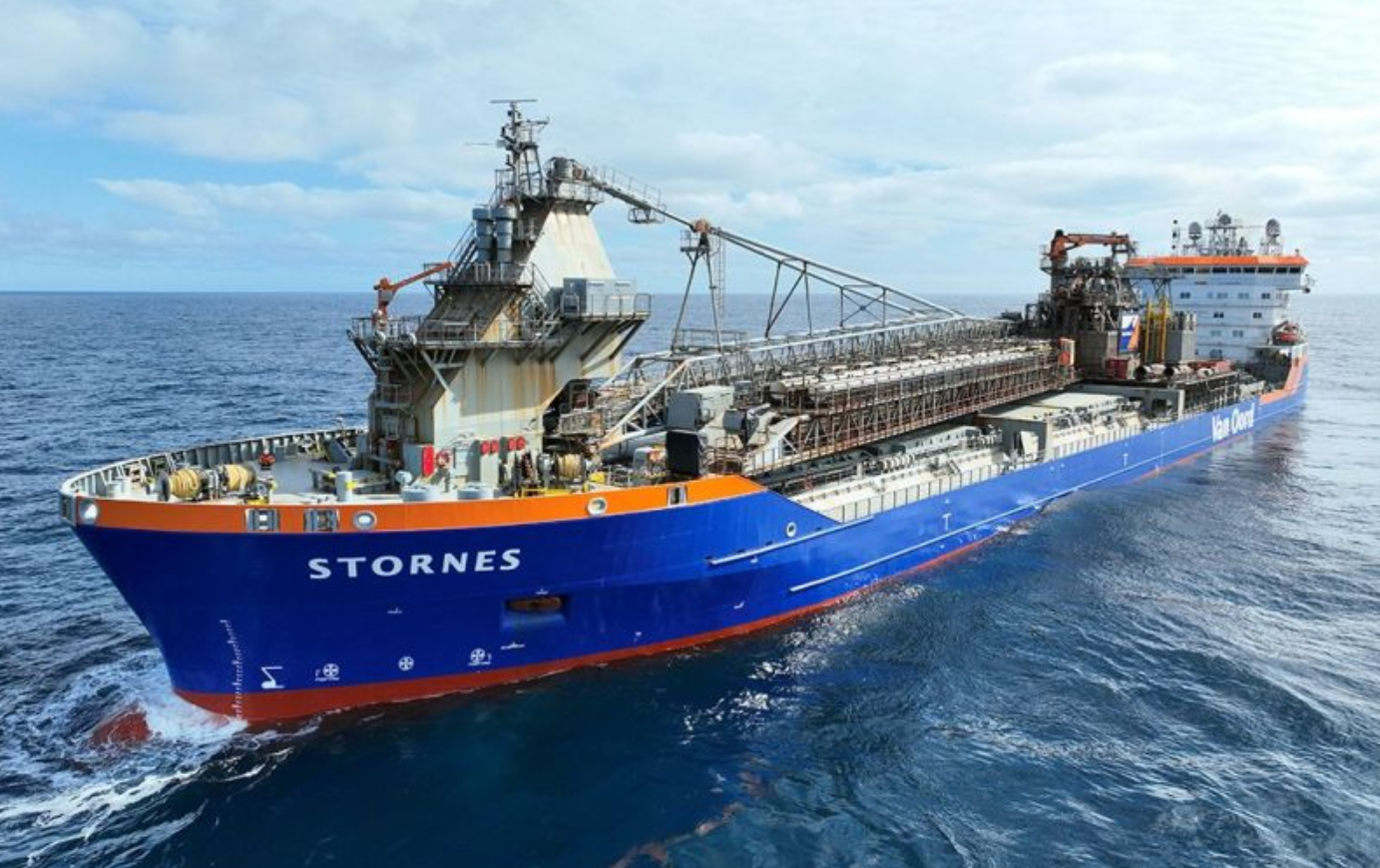
In a significant step towards decarbonizing the maritime industry, Van Oord’s flexible fallpipe vessel, Stornes, has successfully completed its first voyage powered by a biofuel blend in Norway. This event marks a noteworthy milestone in the company’s ongoing efforts to reduce carbon emissions and enhance environmental sustainability across its operations.
The biofuel used in this voyage is a B30 blend, consisting of 30% hydrotreated vegetable oil (HVO) and 70% marine gasoil (MGO). For those unfamiliar with HVO, it’s a renewable diesel produced from waste materials, predominantly used cooking oil. Certified under the ISCC scheme, HVO is recognized for its sustainability, making it a vital component in reducing the carbon footprint of shipping operations.
What’s particularly impressive is the impact of this fuel blend on emissions. The use of the B30 blend has resulted in a 26% reduction in CO2e emissions, a substantial achievement for a single voyage. This reduction aligns perfectly with Van Oord’s broader commitment to mitigating climate change by lowering greenhouse gas emissions and moving towards a net-zero future.
The successful implementation of this biofuel in Norway also opens the door to using sustainable fuel options in other regions. This first biofuel supply in Norway represents not just a single achievement, but the expansion of possibilities for cleaner energy in maritime operations.
As the shipping industry faces increasing pressure to adopt greener practices, Van Oord’s initiative with the Stornes provides a clear example of how traditional maritime activities can evolve to meet the environmental demands of the future.

